Property & Beyond Lab
Property is a core code of our everyday.
For over 400 years, we’ve treated property as a near-natural law, as a quasi-sacred principle at the foundation of our modern world.
But by making property a be-all and end-all, we have produced deep disparities in wealth and power, and caused severe environmental degradation.
Now, a new reality of systemic crises is inviting us to reevaluate our theories and practices of managing the world through property and ownership.
Crisis-Responsive Transformation
Crises are increasingly becoming a driving force of transformation.
They expose the inadequacies of status quo institutions and worldviews and hereby open up windows of opportunity for alternatives.
Property is no exception.
We are mapping how different risks – across AI and data, climate, conflict and displacement, housing and civic infrastructure, and labor and economic security – are likely to fundamentally challenge property institutions.
And we are building proactive portfolios of alternative solutions for when they do.
Learn more about how crises are driving a new theory of change here and about the need to rethink the role of property in crisis responsiveness here.
Building Critical Capabilities
We are developing interconnected building blocks for futures of property and ownership seeding new ideas by:
- Demonstrating a diverse portfolio of alternative property configurations like self-ownership and collective ownership
- Designing enabling infrastructures that allow for alternative property mechanisms to be financed and adopted at scale
- Building new conversations and capabilities on crisis-responsive transformations
Pathways are opening up for different iterations of property, moving …
Beyond objectification: from dominion and control towards relationality and stewardship of land, resources, information, and labor
Beyond extraction: from commoning externalities towards outcome-based governance and long-term guardianship
Beyond centralization: from rigid bureaucracy and concentration of benefits towards distributed governance, value creation, permissioning and verification frameworks
Proofs of Possibility
To demonstrate alternative futures are possible and to address critical need spaces, we are developing real-world applications of new institutional capabilities with Proofs of Possibility.
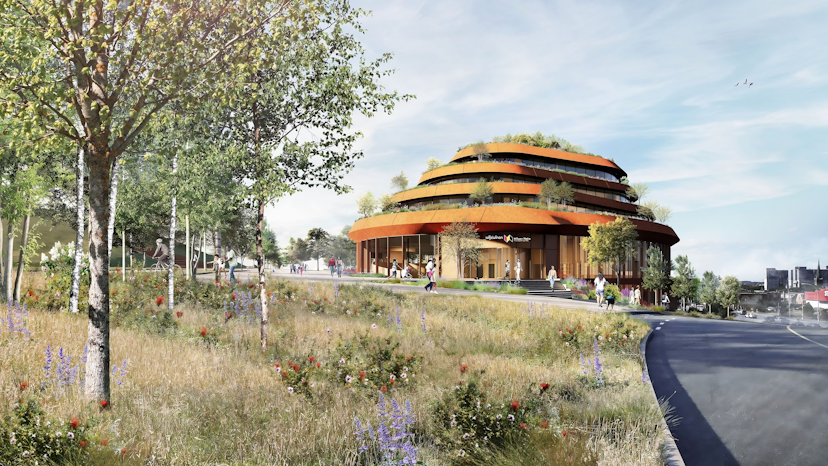
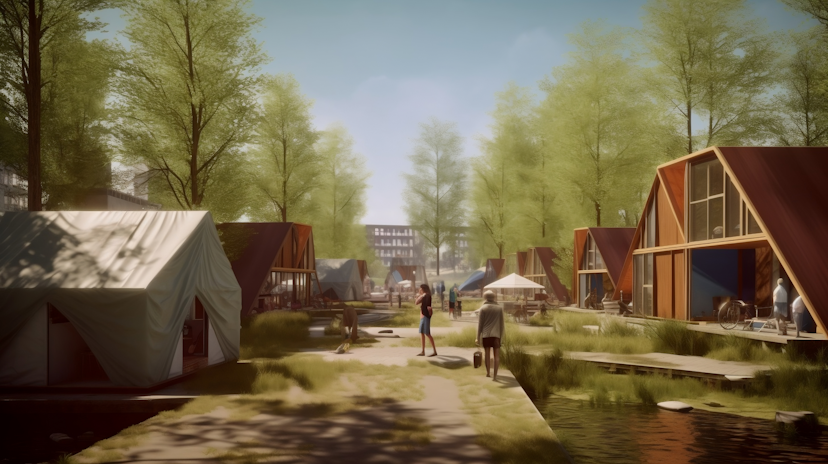
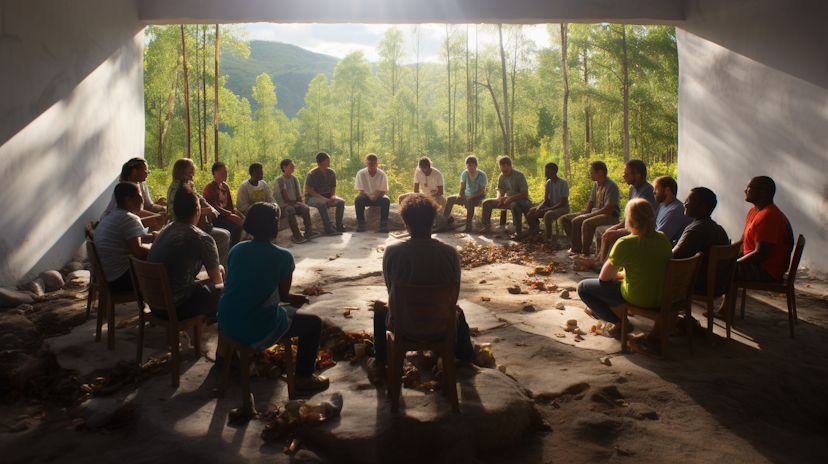





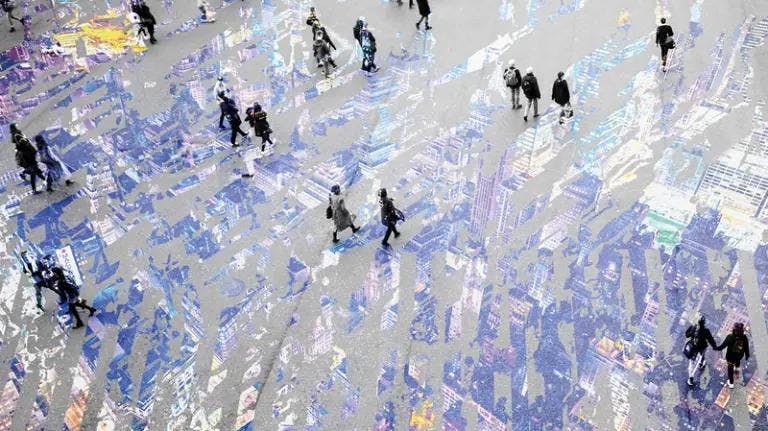

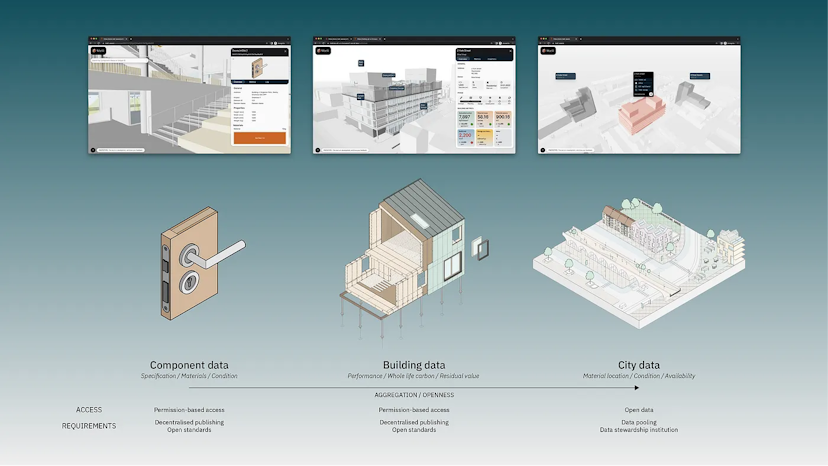

INSIGHTS
Conference What & How We Own: The Politics of Change
What financing mechanisms can support alternative and experimental property systems? How can we expand and improve community land trusts? And how might we concretely integrate Indigenous thinking, rights of nature, and self-ownership into our property institutions? We explored these and other questions at the conference “What and How We Own: The Politics Of Change” co-hosted by Dark Matter Labs, RadicalxChange Foundation, and a Stanford University research team, with generous support from Rockefeller Foundation and Omidyar Network (Oakland, CA, March 1-3, 2024). The conference was the first step in seeding a coalition of loosely-aligned actors building a new paradigm for property and ownership in the 21st century. Through the event, we crystallized a set of projects and initiatives focused on reimagined property relations that the coalition will support and pursue together. Check out the highlights and emerging initiativesfrom the conference.
A deep exploration of how urban land ownership provides opportunities and barriers to just transition in the built environment.
Emerging insights on how Re:Permissioning the City platform designed for citizen-led governance of public space opens up pathways for new civic economies and responses to emerging challenges like unhoused populations and refugee communities.
Join Us
Join us in envisioning and co-designing futures of property, ownership and beyond.
Partners
We are working closely with partners and collaborators:



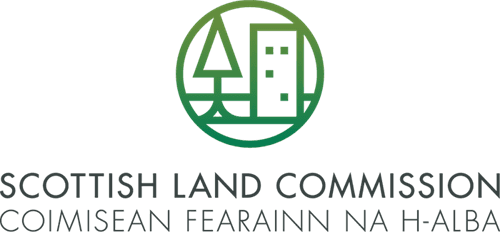
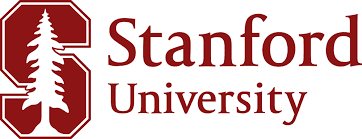
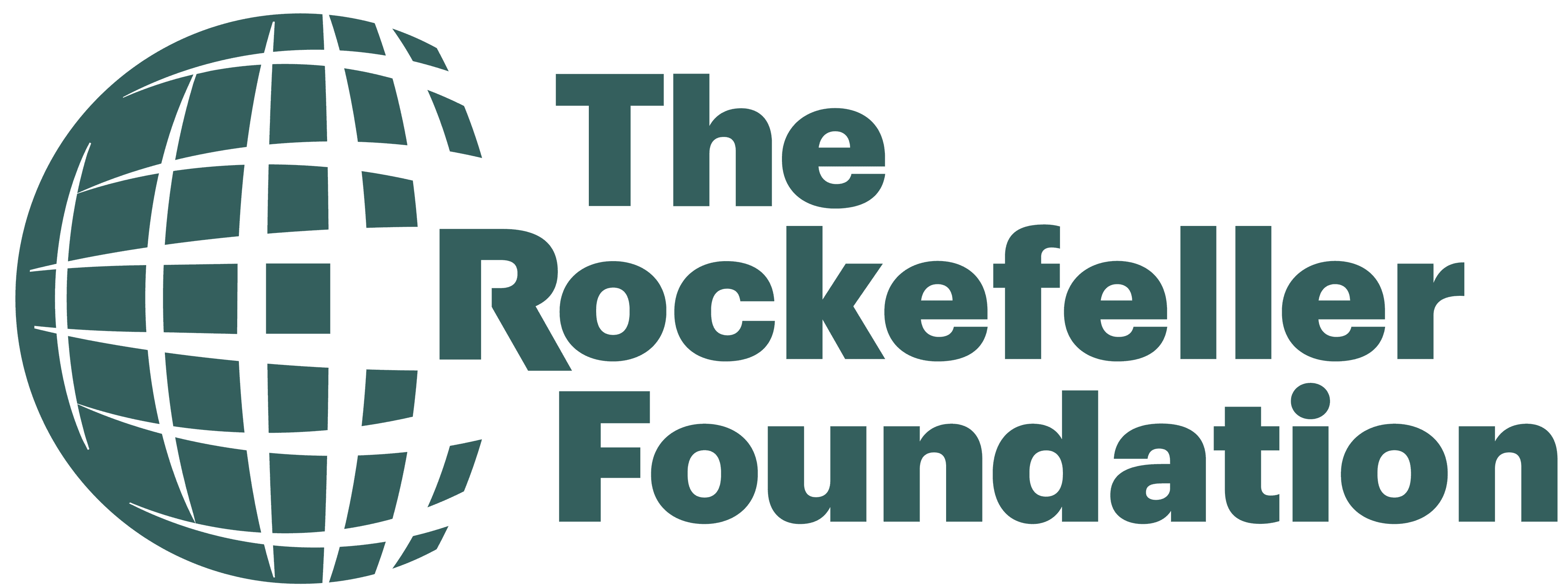

Thanks to the teams at Dark Matter Labs for their contributions:
Property & Beyond Lab
Co-holders: Alexandra Bekker, Jayne Engle, Indy Johar; Designers: Arianna Smaron, Anahat Kaur, Theo Campbell, Sofia Valentini, Madelyn Capozzi.
Crisis-Responsive Transformation
Theory of Change
Researchers: Alexandra Bekker, Jayne Engle, Indy Johar, Zehra Zaidi; Designers: Madelyn Capozzi, Anahat Kaur, Eunji Kang.
Crisis Mapping
Researchers: Alexandra Bekker, Eunsoo Lee, Meggan Collins; Designers: Arianna Smaron, Meggan Collins, Theo Campbell.
Proofs of Possibility
FreeLand:
Co-holders: Alexandra Bekker, Jayne Engle, Indy Johar; Researchers: Alexandra Bekker, Calvin Po, Madelyn Capozzi; Designer: Madelyn Capozzi.
FreeHouse:
Co-holders: Meggan Collins, Fang-Jui Chang; Researchers: Meggan, Fang-Jui Chang, Charlie Fisher, Calvin Po, Emily Harris; Designer: Meggan Collins.
FreeSense:
Co-holders: Alexandra Bekker, Eunsoo Lee, Shuyang Lin; Researchers: Eunsoo Lee, Gurden Batra, Shuyang Lin; Designer: Sofia Valentini.
Permissioning the City:
Co-holders, Research, and Design: Eunji Kang, Eunsoo Lee


